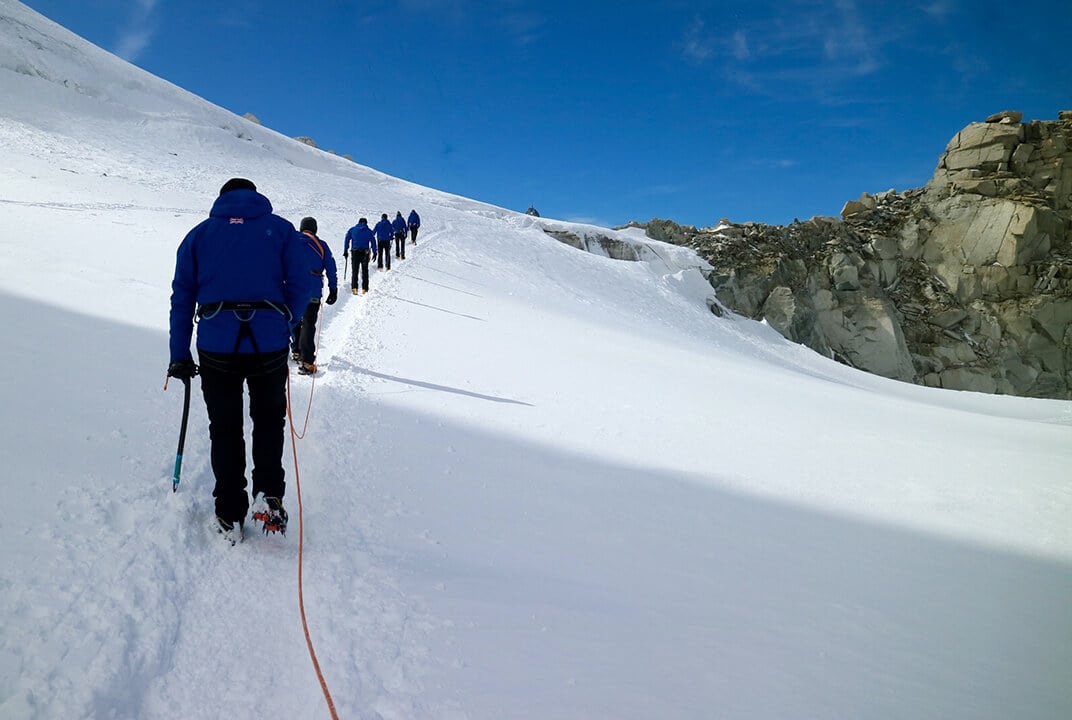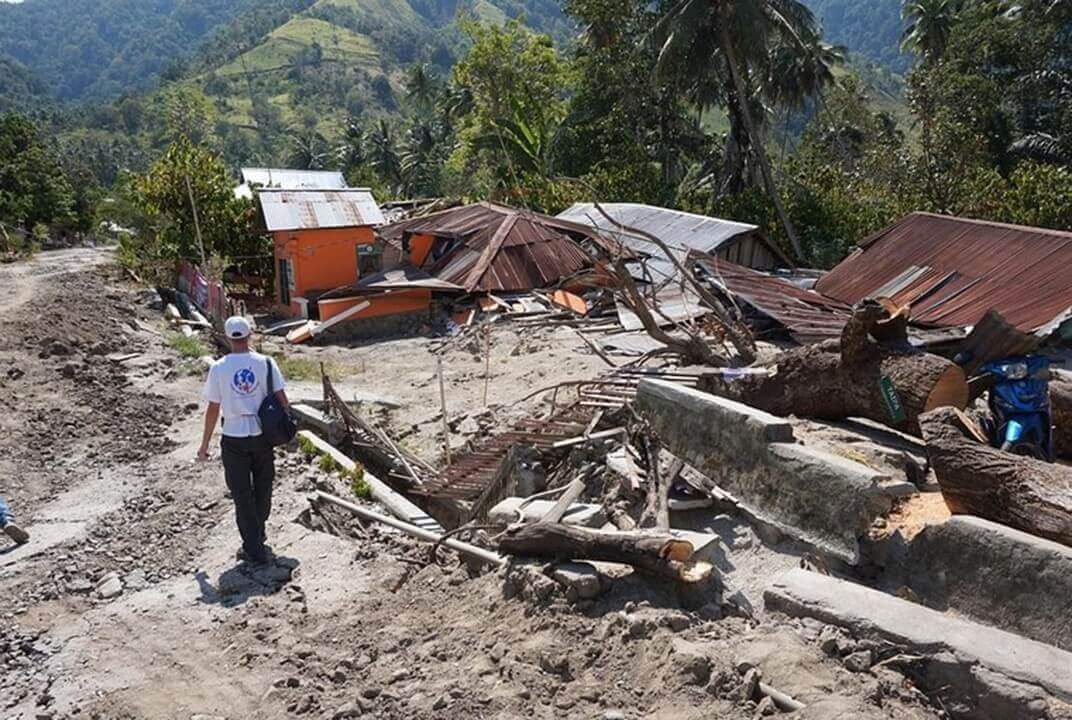Insight | Looking back on two decades of support
Looking back on two decades of support
null
Picture this: You are one of the first emergency responders to reach a town devastated by an earthquake. Everything has gone – buildings, power supply, phone networks. How many people are trapped? How many thousands need basic shelter, food, water? How do you get help to them, fast?
In desperate scenarios like this, one organisation supplies the means to get the answers – emergency telecommunications NGO Télécoms Sans Frontières (TSF). Often one of the first humanitarian bodies on the ground wherever and whenever disaster strikes, TSF sets up communication centres for aid agencies to coordinate the critical early response to natural disasters, and humanitarian operations offering victims free satellite phone calls and Wi-Fi when all other means of communication have failed.
Innovative Technologies
“Telecommunications was not considered a priority in a humanitarian context 20 years ago but Inmarsat recognised its importance,” explains TSF Communications and International Relations Officer, Carolina Duarte de Jesus. “Since then, it has deployed by our side in over 70 countries and become a fundamental part of our DNA.
“What makes our partnership so special is that it goes far beyond funding and free airtime. It brings together Inmarsat’s technical know-how and TSF’s humanitarian experience to use innovative technology solutions to assist the most vulnerable.
“It works so well because we share the same values. Inmarsat was conceived from the need to help save lives at sea and we are convinced that this shared sense of obligation to protect the vulnerable, to foster innovation and to empower individuals helps drive the relationship.”
Communications Lifeline
TSF was set up in 1998 to offer a communications lifeline to people whose lives had been turned upside down by natural catastrophe or conflict. At the time, co-founders Monique Lanne-Petit and Jean-François Cazenave had just one Inmarsat Mini-M satellite terminal, but when they partnered with us two years later they gained access to the equipment and support that helped them to build up the organisation.
Today TSF is the principal communications provider to the United Nations in disaster situations, and also supports the European Commission and non-governmental relief agencies.
The satellite services it uses have also been transformed in those two decades. In 2017, TSF deployed Global Xpress (GX) for the first time when hurricanes Irma and Maria ripped through the Caribbean in quick succession.
High Bandwidth
“GX has had a significant impact on the effectiveness of our humanitarian actions. It enables us to offer high bandwidth speeds in emergency situations with the flexibility to move easily wherever it is needed,” explains Carolina.
“Especially in the aftermath of a natural disaster, transportation can be severely impacted and several villages might require help at the same time. To be able to reach as many of the affected areas as quickly as possible and offer Wi-Fi connectivity, it’s essential that our teams have portable and reliable equipment with global coverage – GX fully meets this need.
“GX also enables us to better control the costs of our missions and be operational in record time, ultimately increasing the efficiency of the humanitarian community and improving the impact amongst affected populations.”
COVID-19 Challenge
This year the global COVID-19 pandemic has made the work of NGOs like TSF even more challenging.
“If a natural disaster had struck during the last few months, travel restrictions would have made it impossible for us to deploy and provide our usual kind of assistance. The situation is improving in several countries now and we’re working with other humanitarian organisations and the UN to maximise the possibility of intervention if a disaster occurs,” says Carolina.
TSF has contributed to the fight against the virus. In April, the NGO donated six IsatPhone 2 satellite phones to the National Institute for Disaster Management in Mozambique, to help the coordination of the country’s response to COVID-19. When the first cases were reported in conflict-torn Syria, extra satellite links were set up in the hospitals TSF supports there.
Expanding Projects
“When physical deployment isn’t possible, satellite connectivity means we can continue to help the most vulnerable,” added Carolina.
Many of TSF’s missions in response to protracted humanitarian emergencies have continued. Its activities to provide education to displaced populations and bridge the divide in isolated communities have even expanded during the coronavirus crisis, including projects in Turkey and Mexico.
As Inmarsat and TSF enter their third decade of partnership in a changing world, one thing is certain, says Carolina: “We always know that we can rely on each other and that Inmarsat will pick up the phone and be ready to assist when we need any help during an emergency. In humanitarian crises, when every minute counts to save lives, this is fundamental and very reassuring for everyone at TSF and for our beneficiaries.”
Find out more about the work of TSF at www.tsfi.org


